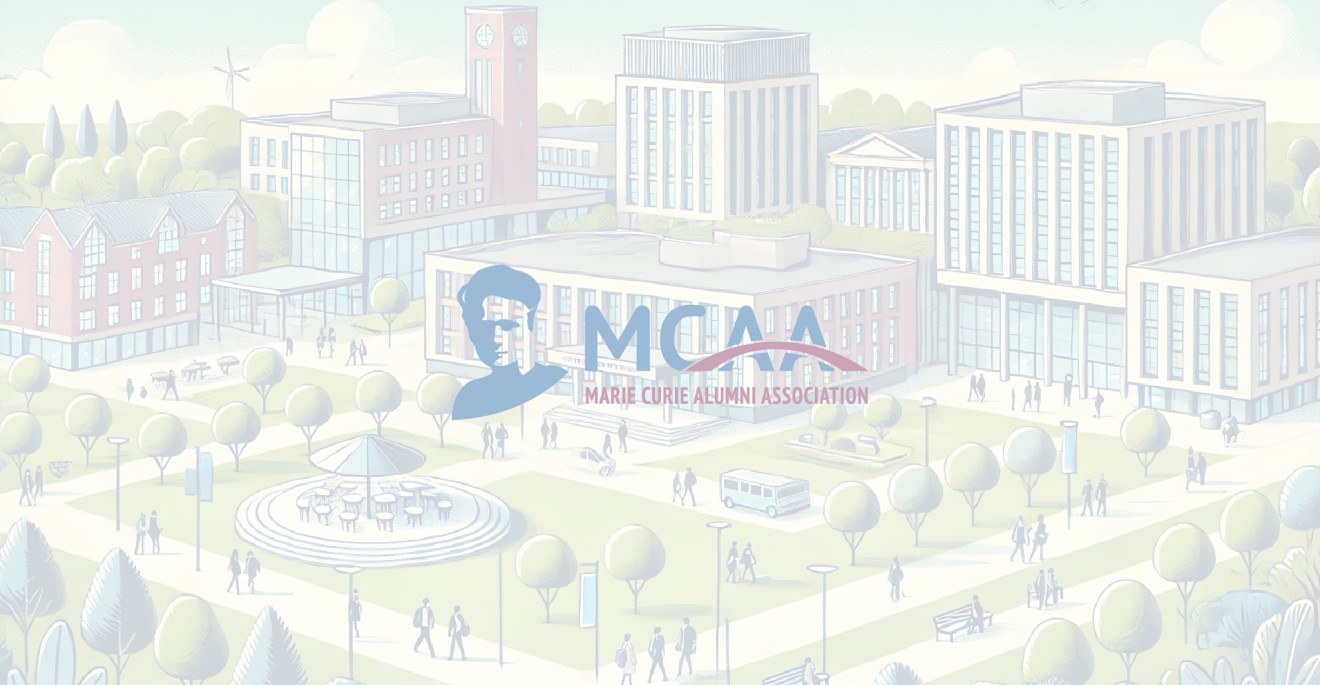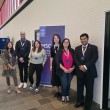Preparing the next generation of scientists: How to discuss science with teenagers

Planning to have scientific activities with teenagers? Our next webinar aims to give you tips and tricks on how to discuss science with them. Book your seat now!
All researchers know that science is cool. This is perhaps not the case with our teenagers. To make sure we’ll have a next generation of researchers fully engaged, it is important for scientists to know how to address this very specific target audience.
Organised by the MCAA Communication Working Group and the Summer School of Science, our next webinar ‘Learning by doing: How to show teens that science is cool’ will address these topics, presenting practical examples and practices.
Date and time: 20 May 2022, 17:00 CET
Meet the speakers
Nikolina Šoštarić is a bioinformatician at Sanquin, Amsterdam, working on post-transcriptional regulation in T-cells. She previously obtained her doctoral degree in bioscience engineering from Katholieke Universiteit (KU) Leuven, Belgium. Among other science popularisation activities, Nikolina has been working as a volunteer at the Summer School of Science for the past 9 years and has taken the roles of organiser, project leader and workshop leader.
Alexandre Kempf has a PhD in neurosciences and is a lead research data scientist at Lixo. He will discuss how to turn expensive research projects into $ 50 projects for high-school students.
Sebastijan Dumančić is an assistant professor in artificial intelligence at Delft University of Technology, Netherlands. He earned his PhD at KU Leuven, Belgium. Sebastijan has been a part of the Summer School of Science for the last 10 years, taking multiple roles.
Snježana Kodba is a graduate student at Utrecht University, studying the role of abscission, the final step of cytokinesis, in cell fate decisions. First, she has been a part of Summer School of Science as a participant, but later also in the roles of project leader and workshop leader.
Mario Zelić is a fifth-year student of the Faculty of Medicine, University of Zagreb. He is active in neuroscience research as popularisation of the field and has also been a part of the Summer School of Science since 2015 in the roles of participant, workshop leader, technical assistant, and organiser.
Dunja Vučenović currently works as a bioinformatician in Illumina, United Kingdom. She previously obtained her PhD from Imperial College London in the same field. Dunja was first a participant at the Summer School of Science some 15 years ago, and has remained active ever since by organising camp and leading several projects.
Registration link: https://forms.gle/z3S6ieVUriusMpKt7


